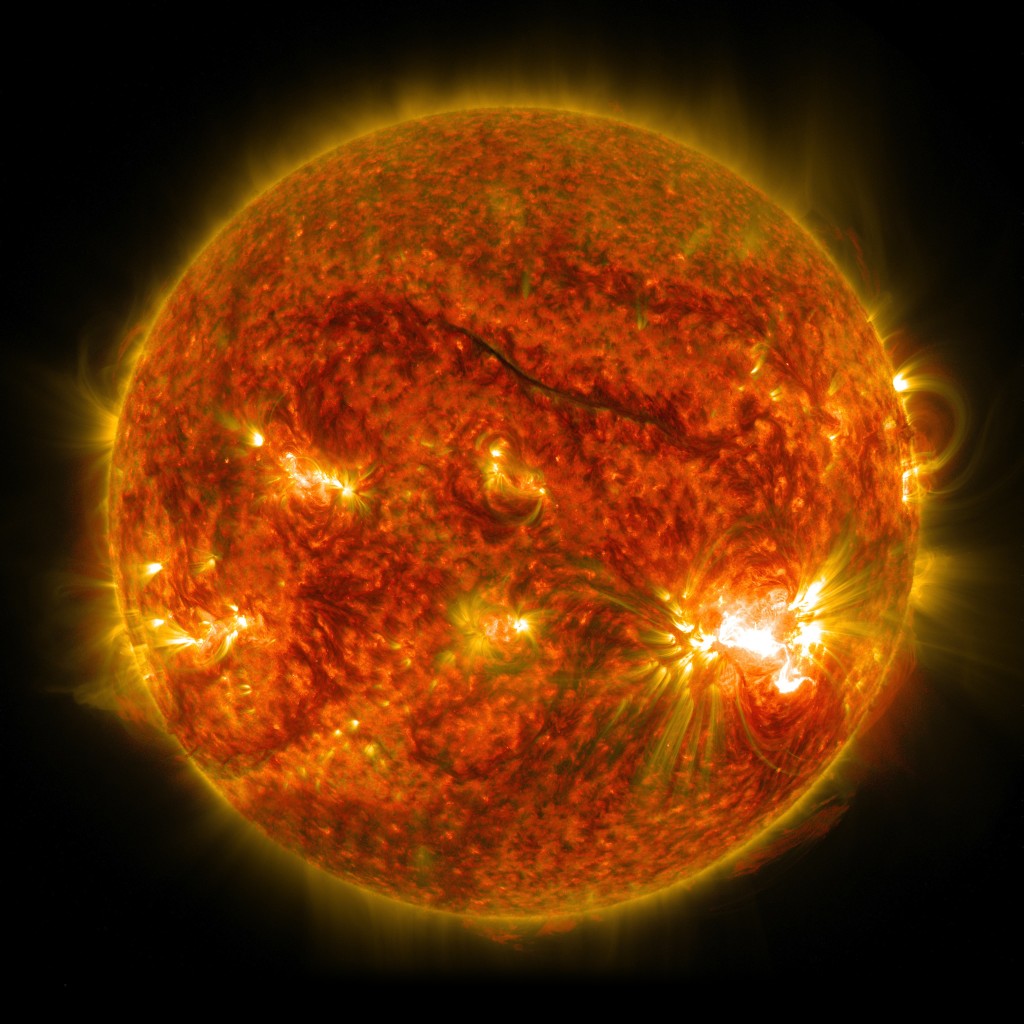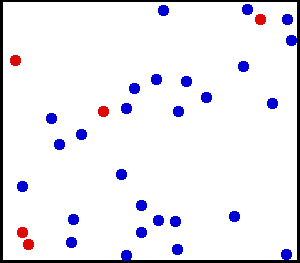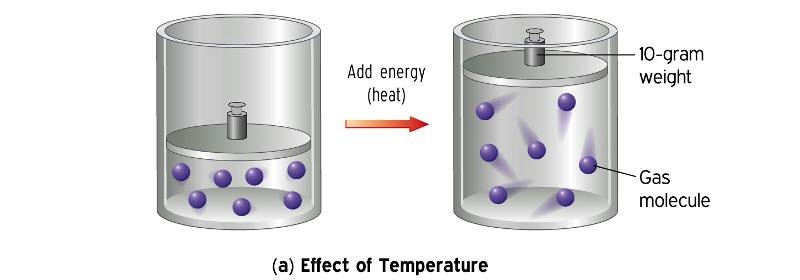Ask Ethan: Where does the energy of a photon experiencing a redshift go?

This week, in our “Ask Ethan” series, Christian Vrind won the right to get an answer, which at first glance asks a simple question:
Where does the energy of single photons go when they travel between stars for years and experience a red shift as the universe expands while they cover the distance from the star to the observer? As in the way, their wavelength increases, which means that energy decreases.
')
After all, we know about energy for sure - it can neither be created nor destroyed.

Burning wood for a fire, you can consider that you create energy. But something much more subtle is happening:
• Molecular bonds are broken and rearranged, moving from a less stable configuration (wood and oxygen) to a more stable one (ash and steam), which occurs with the release of energy.
• If you calculate the amount of energy released, and use the famous , you will find a slight difference between the mass of the original substance and the reacted molecules.
• In fact, the total amount of energy in all its forms, including mass, does not change during the reaction.
The differences in mass are more pronounced in such phenomena as nuclear reaction occurring inside the Sun. If you measure the mass of the Sun at birth and compare it with today, you will find that over 4.5 billion years of energy release, it has lost something around Saturn.

Sometimes it seems that something loses energy and in no way acquires neither energy nor mass in compensation. This refers to the expanding universe. One of the novelties that emerged with the advent of Einstein GTR was the concept of the variability of the space itself, which ceased to be a fixed coordinate grid, on which everything else is located. The Universe can and should be bent depending on the quantity and location of matter and energy inside it, and the fabric of the Universe has the right to expand and contract.
An unexpected twist is that any photon — a particle of light — has energy determined by its wavelength. And if the fabric of the universe stretches (as it expands) or shrinks, then the wavelength of this light, and hence its energy, also changes.

That should worry you! After all, energy must be conserved in all physical processes occurring in the Universe. Does the GR offer the possibility of a violation of energy conservation?
Frightening answer: yes, maybe. For GR, it is beautiful and accurate to determine a set of quantities, but energy is not one of them. In other words, from the equations of Einstein does not follow the conservation of energy. Energy is not defined at all in GR! But this does not mean that we can not come up with a definition. It just means you need to be careful.

A good analogy is gas. What happens if you add energy (heat) to it? The molecules inside begin to move faster, that is, their speed increases, and they spread faster, taking up more volume.
But what will happen if you heat the gas enclosed in a container?

The molecules heat up, start moving faster, try to spread, but in this case they often crash into the walls of the container and create additional positive pressure. The walls of the container expand, and energy is wasted on it: the molecules do work on them!
This is very similar to what happens in the expanding universe. Photons have energy determined by the wavelength, and with the expansion of the Universe, this wavelength stretches. The photons, of course, lose their energy, but at the same time work is done on the Universe with everything that puts pressure on it from the inside!
Strictly speaking, the energy for the Universe is not determined in GR. But if we consider the fabric of the universe and force it to shrink, then what would happen to the photons inside it? A shrinking Universe would do work on photons, which would lead to their acquisition of energy.
And how much energy? Just as much as they lost in the expansion of the Universe.
So, yes, Christian, with the expansion of the universe, photons are losing energy. But this does not mean that energy is not conserved. This means that the energy goes into the expansion of the Universe in the form of work. And if the Universe ever changes its expansion and begins to shrink, this work will be done in the opposite direction, and will go into the photons inside.
It is possible that in a more complete, quantum theory of gravity, a more rigorous definition of energy will appear, and we can really see whether it is being saved or not. But in the absence of such, we can only use what is available to us, and we already have these tools and definitions. Yes, photons lose energy, but it does not disappear. The amount of energy lost is added to what exists in the expanding universe.
Source: https://habr.com/ru/post/400759/
All Articles